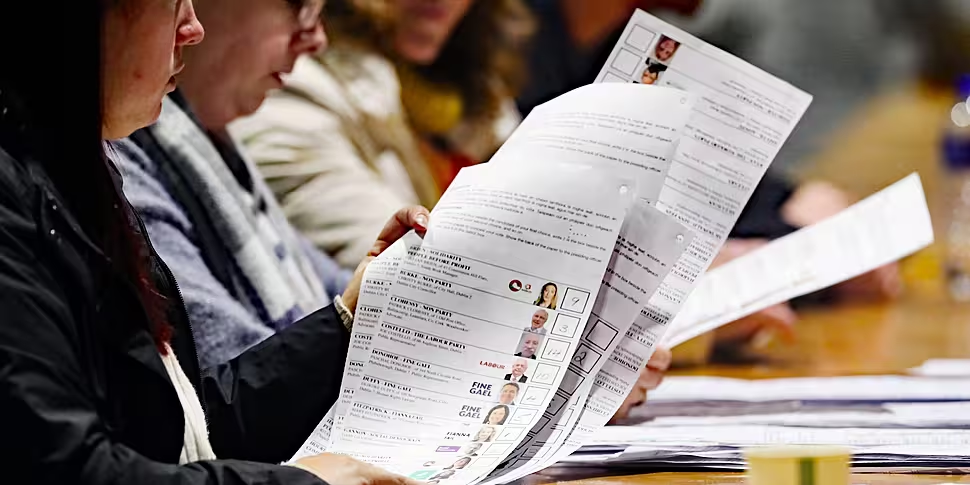Politicians’ personal addresses must be removed from the ballot paper for “the sanctity of the home and protection of family”, according to the Labour Party.
Green Party TD Patrick Costello has written to the Electoral Commission, warning that making politician’s addresses publicly available “poses a significant safety risk”.
“This is especially true in light of the rise in activity of individuals on the far-right,” he said in a press statement.
Under current law, candidates can either list their home address or their constituency office’s address.
Labour TD Aodháin Ó Ríordáin told Newstalk Breakfast he “unfortunately” agrees with Deputy Costello.
“It’s a sad turn of paths that we even have to consider that a public representative would be nervous about having their home address in the public sphere,” he said.
“We're in a space where the type of protests we’re having is getting more personalised - not just against politicians, we’re seeing it in libraries.
"I saw images over the weekend of council staff taking down posters [that were] illegally hanged up and getting verbal abuse."
'Regardless of political persuasion'
He said people deserve some level of privacy “regardless of political persuasion”.
“The sanctity of the home and the protection of their family and loved ones is key,” he said.
“If even a percentage of the person’s mind being turned off by the fact their addresses will be public knowledge, then [the addresses are something] we have to reconsider.”
Deputy Ó Ríordáin noted Northern Irish Councillor Máiría Cahill refused to share her address on the ballot due to privacy concerns – which led to a NI Office decision to allow candidates to opt-out of their address being published.
'Dehumanising'
The Labour TD said we need to have a “worded conversation” about what is an appropriate form of political protest as politicians are increasingly “dehumanised”.
“When you dehumanise someone in the political sphere, you decide this person has no worth whatsoever,” he said.
“Then it’s a small jump from that to deciding they can protest outside their house.”
'Respectfully disagree'
Protestors outside politicians’ houses need to reflect on whether they’re doing the right thing, according to Deputy Ó Ríordáin.
“You might not like the politician and what they stand for, but you must respect their right to their opinion,” he said.
“But also respect the person they live with and the children they live with are not part of this discussion.
“We need to respectfully disagree.”
You can listen back here:









